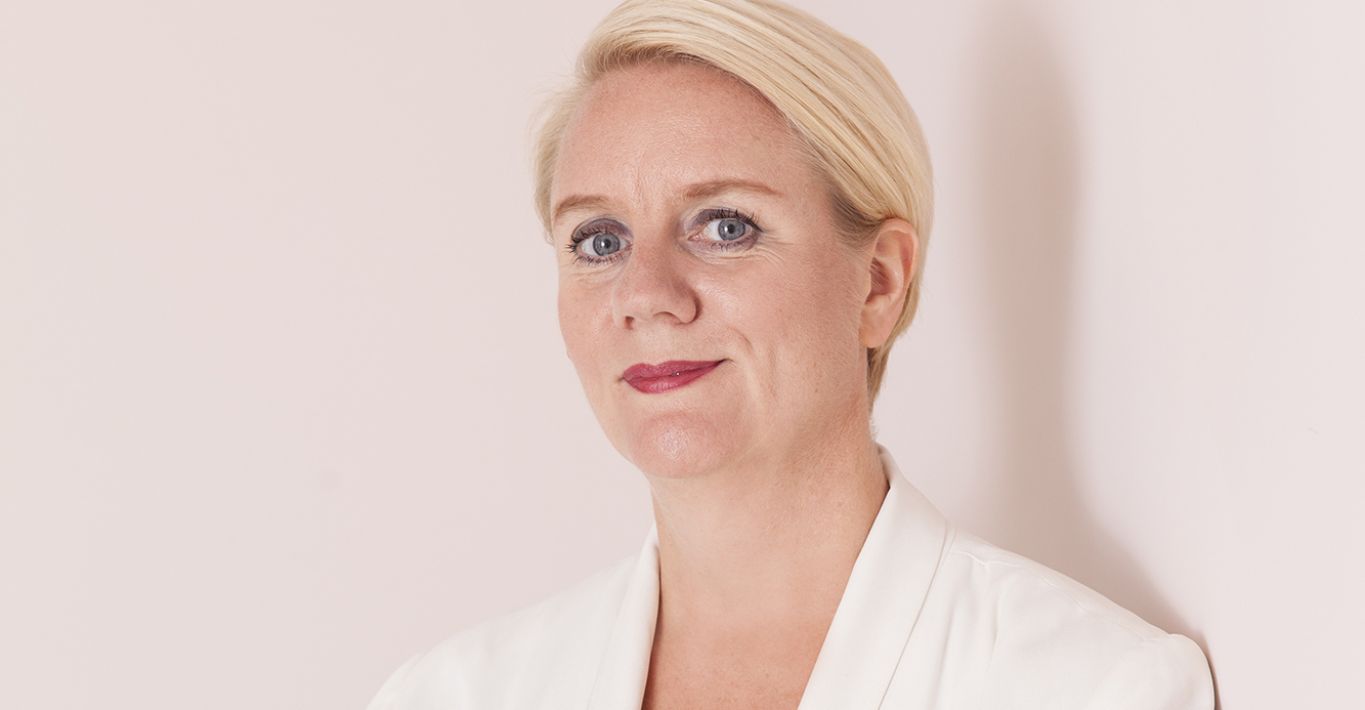My career in the City exceeds 25 years. I’ve been closely involved with innovation and technology from a brokerage, exchanges and capital markets perspective, and in an earlier incarnation I was head of e-commerce in a city PR agency during the dotcom boom.
When I left the Stock Exchange back in 2006, I decided to take a bit of a career break to do stand-up comedy. I’d given plenty of corporate presentations and, despite having never told a joke on stage, I booked a venue at the Edinburgh Fringe festival. After my first Edinburgh foray, I started rewording and reworking, and later took the improved offering to the Henley Fringe Festival as a one-woman show, which sold out. I went on to perform at the iconic Comedy Store in Leicester Square, featured on the BBC Radio 4 Today Programme, was invited to guest perform at various festivals and hosted corporate, Royal and charity events.
But later in 2006, I took a call from the founder of Chi-X Europe, the first-ever pan-European stock exchange. As a result of MiFID, you could now trade pan-European equities on a single exchange – or ‘multilateral trading facility’ – for the first time ever. Along with the three founders, I helped with business development, communications and marketing, and after that the phone continued to ring with entrepreneurs saying, ‘I’ve just set up a start-up business because I can see there’s a gap in the market, would you help me build my business?’
I set up Streets Consulting in 2007– a consultancy focused on helping firms from early-stage start-ups to global institutions – built on an entirely virtual business model. Understandably, people around me questioned why I was starting my own business as the markets were collapsing, but that’s where I could see the opportunity, and I loved working with fintech entrepreneurs. Interestingly, none of the clients had an issue with the idea of remote working, it was the more traditionally minded commentators on the outside who said: ‘No, you must have an office.’
The calibre of the team is a key component for any strong consulting business and there are many talented people out there who don’t want to work in offices. I’m incredibly proud that a significant proportion of our team is made up of working parents, all highly qualified, exceptionally talented and very focused. Indeed, it is due to this team, that 11 years later, we are still going strong.
I believe one of the biggest issues the City faces as we look towards Brexit and beyond, is that the talent we need in the form of data scientists, cyber security, artificial intelligence and blockchain specialists (to name but a few) may not be attracted by a career in financial services. So, we need to ask how we can not only attract but also motivate and retain talent when other sectors may hold greater appeal.
High-performing teams require diversity. If we look at technology, it’s all about bringing products to market as quickly as possible, and to bring out an offering quickly, you have to focus diverse ideas, experiences and skills around it. You need to try to break it, then hone, refine, test, hone, refine, test – much like the comedy process. And you can only do this with diversity. If everybody has the same skills, the same background, and the same mindset, you’re always going to end up with a skewed result.
I firmly believe that rather than just looking in the same pools and turning up the same results, the talent can be found right beneath our noses, we just need to think differently. To keep the conversation around diversity fresh, I started a podcast series called DiverCity Podcast, that shines a light on areas of positive progress, calls out areas requiring further focus and offers ideas to help drive change. Each week I interview two guests to explore every aspect of the diversity spectrum and debate.
When I talk about diversity, I’m not just talking about gender, important as it is. It’s also all about ethnic minority representation, age, disability, LGBT+, and mental health. Flexible working models for both male and female working parents are a major contributor to success, as is positive role modelling and reverse mentoring.
Challenging recruitment processes is key, with further focus on how job ads are constructed and placed, and the role of the recruitment firms themselves. Given that we are unearthing more and more pools of untapped talent, if they are fishing in the same pond and getting the same results, isn’t that counterproductive?
There has never been a more pressing time for the City to think laterally about where it can find its talent and how to help firms gain a performance edge, and diversity’s most certainly the punchline.





